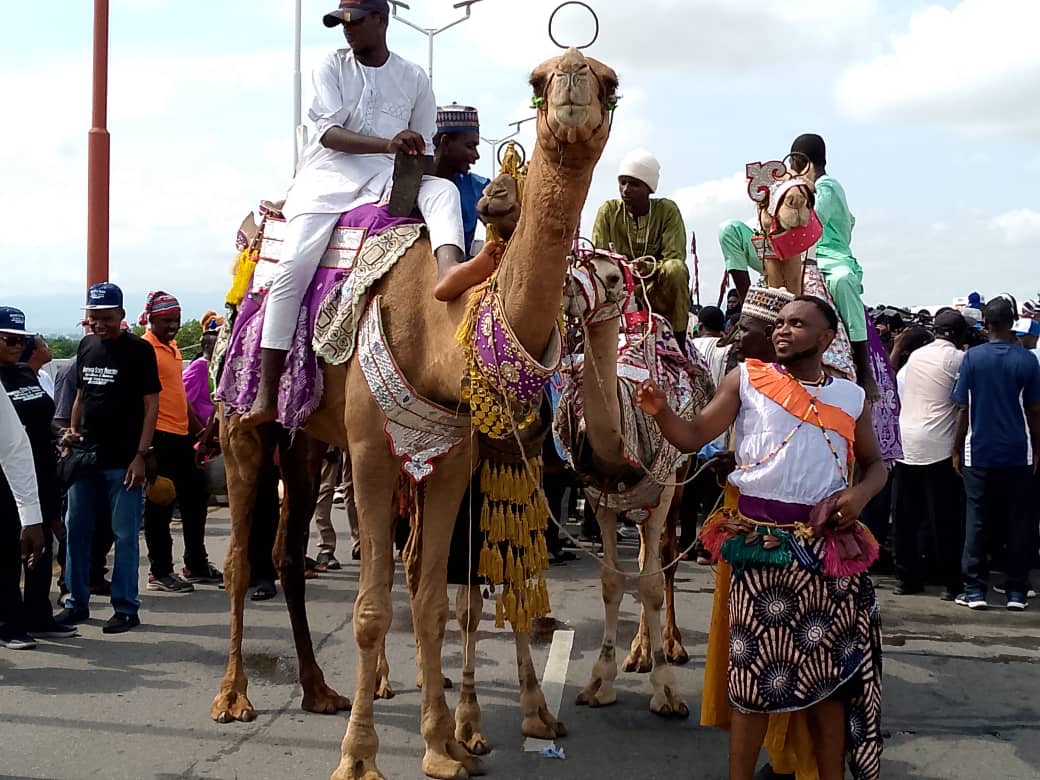From Umar Dankano, Yola
The Adamawa State Government has reaffirmed its commitment to harnessing the state’s rich cultural diversity as a major driver for tourism and investment promotion.
Commissioner for Culture and Tourism, Hon. Aloysius Baba Doke, disclosed this during the 2025 World Cultural Day celebration held in Yola over the weekend. He said Adamawa’s deep cultural heritage and diverse ethnic composition offer a unique comparative advantage that the government intends to leverage to attract investors and stimulate economic growth.
Hon. Doke noted that the large turnout of various cultural groups at the event demonstrated the people’s love and pride in their roots, describing the colourful performances and durbar procession as symbols of unity and resilience.
“This event, themed ‘Sustainable Transformation’, vividly reflects our unity in diversity and underscores the state’s commitment to promoting tourism as a catalyst for development,” he stated.
According to him, the participation of ethnic groups such as the Bachama, Fulani, Igbo, Tiv, Marghi, and Laka highlighted the harmony and peaceful coexistence that define Adamawa State. He commended Governor Ahmadu Umaru Fintiri for his continuous support in sustaining the annual celebration, now in its third consecutive year.
“Adamawa is a peaceful and beautiful state, open for investment. Our culture is our pride, and today’s celebration has shown the world that Adamawa truly stands tall as the land of beauty,” the commissioner added.
Our correspondent reports that the cultural troupes, adorned in colourful traditional attires, marched in procession from the famous Capital School through Galadima Aminu Expressway down to the Unity Flyover (formerly Police Roundabout). Some participants rode on horses and camels, while others performed traditional dances and displays along the route.
Nigeria’s cultural diversity was showcased as ethnic nationalities including the Igbo, Hausa, Fulani, Tiv, and Calabar communities took part, underscoring the role of culture in promoting unity, cooperation, security, and a thriving business environment.


